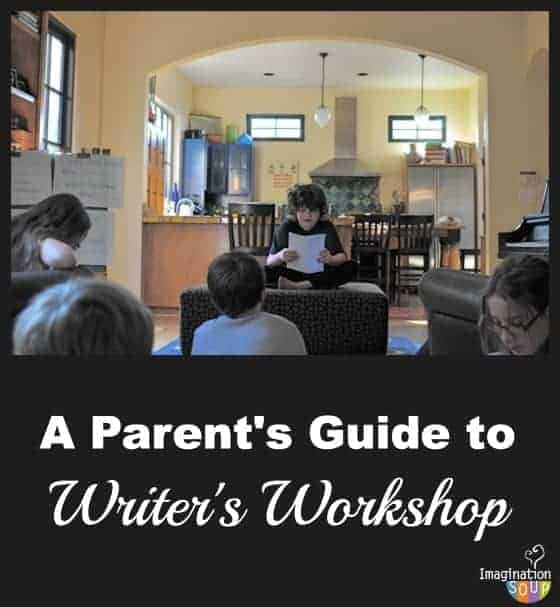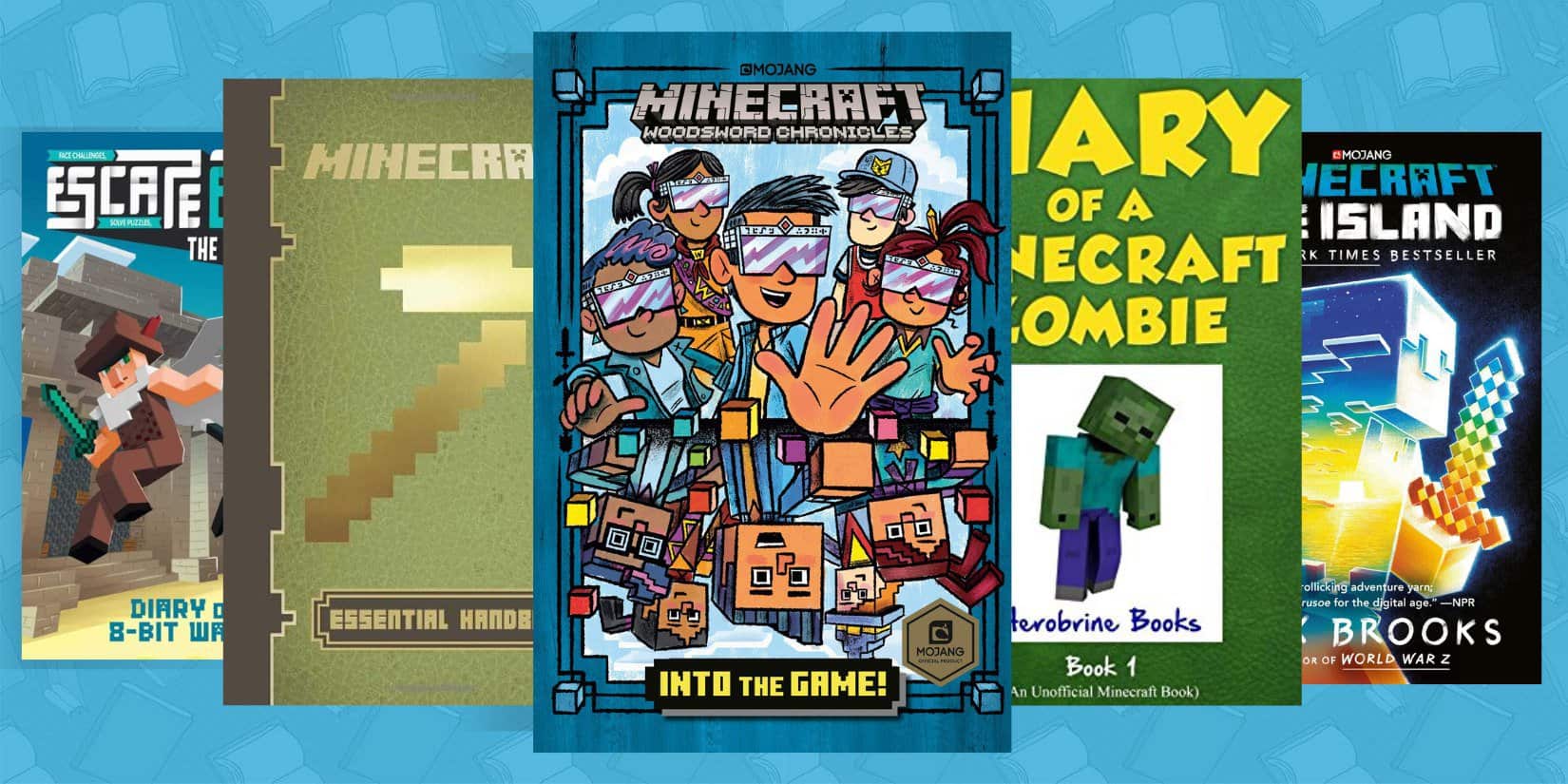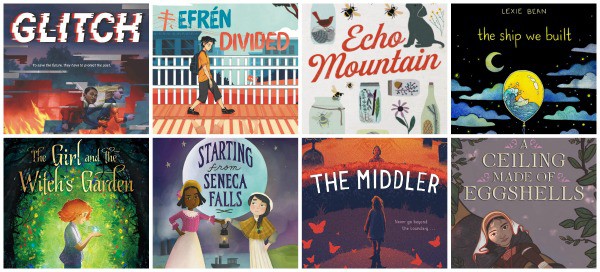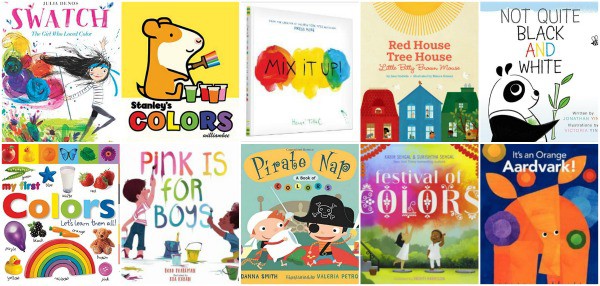A Parent’s Guide to Writer’s Workshop
This post may contain affiliate links.
written by Patricia Zaballos, Wonder Farm blogger and author
So. You have a kid who hates to write. A kid who finds writing tedious, difficult and pointless. Or perhaps you are one of those lucky parents with a child who relishes writing, who composes tales at the computer before breakfast, or scribbles away in a journal when she’s supposed to be sleeping.
Either way, I have two words for you: writer’s workshop.

Writer’s Workshop
A writer’s workshop is simply a gathering in which writers come together to share their work, and get feedback from one another. I’ve facilitated workshops for groups of kids for more than thirteen years now, and I’m not exaggerating when I say that they are practically magical in their ability to motivate kids to write.
I can’t tell you how many parents have approached me, dazed and amazed after a few workshops. A typical response: My son woke up this morning and wanted to dictate a story to me, first thing–my kid who always says he hates writing! He keeps asking me how many days it is until the next workshop!
It isn’t my facilitating that works up this magic. It’s the simple fact that the kids are able to share their writing with other kids. The focus isn’t on the tedium we often associate with writing–handwriting, spelling, punctuation, grammar. The workshop is all about ideas. It’s about sharing a good story, whether the writing takes the form of a tale, a series of haiku, or a report on coral reefs.
Little encourages a budding writer like an enthusiastic audience of peers. Especially peers who woot for your futuristic spy narrator, or tell you that your poetry, “makes me feel warm and cozy.”
The next best thing about workshops: they’re fairly simple to facilitate. You get a big payoff for a small amount of effort. I’ve facilitated workshops for groups of homeschoolers, but I’ve also known parents of school kids who host workshops because their kids aren’t getting excited about writing at school. Either way, facilitating a workshop isn’t complicated.
How to Format a Writer’s Workshop
There are many ways to format a workshop. Some lucky school kids experience classroom workshops–we had one almost every day when I taught elementary school. Teachers typically present a short lesson on craft, often using professional writing as inspiration, and then there’s a longer session of writing time, with sharing at the end. Many home-based workshops follow a similar pattern: the facilitator offers a fun prompt, and kids write, and share what they’ve written.
We do things a bit differently in my workshops. Kids write whatever they want: on any topic, in any genre. They do the actual writing at home. Then they read their work aloud at the workshop, and the group offers feedback.
We generally do a quick, fun writing exploration together midway, but bulk of our time together goes to offering feedback on those written-at-home projects.
I like this format because it allows kids to take time on their writing, and it offers more freedom in how kids write.
The Writing Process
Many kids dictate their work to parents, and I encourage this. Dictation gets many kids over the tedious struggle of writing, and in time, once they’ve experienced the pleasure of an audience for their work, they naturally take over writing on their own.
Other kids like to write at computers; some enjoy writing bit by bit over the two weeks between our meetings; some prefer dashing off something by hand on their way to our gathering. Many choose to write longer pieces, and offer their latest installment at each meeting.
Providing Each Other Feedback
The main job of a parent facilitator is to help kids learn how to offer useful feedback.
I’m a big believer in positive feedback. It makes for a healthy workshop setting, but there’s more to it than that. Hearing what we do well can be highly instructive, more instructive than some people realize. Positive feedback teaches kids what they do well, and encourages them to keep doing it. I wrote more about this in a post on my blog, here. Also, this post offers 5 Tips for Offering Feedback to a Writer.
We do, eventually, begin offering constructive, building feedback in our workshop, but we delve into it slowly and with care. But honestly, you could host a workshop that allows only positive feedback, and the kids would develop as writers.
I’m constantly amazed at the insight kids can offer about writing, especially after they’ve participated in the workshop for a while. They begin thinking like writers.
At a recent workshop, one ten-year-old said, “I like how you took the comedy of somebody messing up a newscast and made it real.” Another said, “I found it interesting that the snatchers couldn’t get the kids, which made me want to hear more of the story.” They comment on everything from specific words to character motivation to plotting. Once, a teen responded to a girl’s Christmas memoir by saying that all the details made him feel like he was looking into a snow globe. Metaphor as feedback: it doesn’t get more writerly than that.
Benefits of a Writer’s Workshop
A few benefits of a workshop:
- Workshoppers experience one of writing’s essential purposes: the opportunity to convey ideas in words to an audience.
- Having an audience to write for can be highly motivating.
- A workshop audience provides feedback on one’s writing. Feedback isn’t always easy to come by.
- Discussions about writing help kids learn how literature works.
- The workshop exposes kids to a variety of writing genres and styles. Very often the kids influence one another’s writing.
- The workshop provides authentic deadlines for writing, which can be helpful for writers of all ages.
- A positive workshop environment can help kids recognize their personal strengths as writers.
- A workshop setting values creativity over formula, content over correctness, practice over theory—all qualities essential to developing writers.
- The workshop helps kids understand that writing is a process, that the work is malleable. Writing can always be changed and improved, if the writer chooses to.
- The workshop helps kids learn that all writers struggle, and that there are many ways to work through those difficulties.
- For schooled kids, the workshop allows for opportunities that may not happen in a classroom: more freedom to write creatively, and in-depth dialogue about kid-generated writing. For homeschooled kids, the workshop provides the audience often missing in a homeschool setting.
- And a benefit not to be underestimated: the workshop shows kids that writing can be fun.
Whether you have a kid who despises writing, or one who delights in it, a workshop may be just what your child needs. It doesn’t require much from you. You simply gather a group of kids, provide a space for them to share their work and teach them to be kind to each other. And then you watch what happens.
I dare you not to use the word magic to describe the results.
Bio: Patricia Zaballos is a writer, writing educator, former teacher and longtime homeschooling parent. She writes about writing and creative learning on her blog, Wonder Farm, and is the author of Workshops Work! A Parent’s Guide to Facilitating Writer’s Workshops for Kids. Patricia lives with her family in the San Francisco Bay Area.
Follow Melissa Taylor’s board Writing Activities for Kids on Pinterest.






